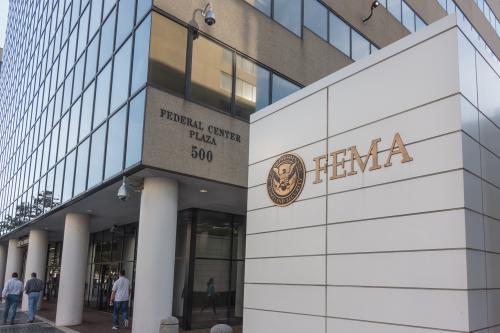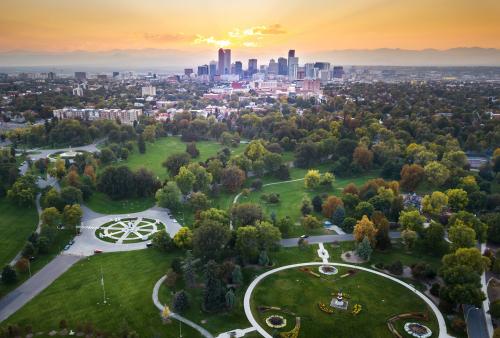Executive Summary
Climate change has gained enormous visibility during the past year, reflected in a range of American policy initiatives leading up to the international deliberations in Copenhagen. The Environmental Protection Agency has designated carbon dioxide as an air pollutant and issued an endangerment finding that could generate federal regulation of emissions. Far-reaching climate legislation passed the House of Representatives in June 2009 and has since moved to the Senate for consideration. President Barack Obama has negotiated an intergovernmental agreement designed to reduce greenhouse gas emissions from the transportation sector. The president also pledged specific emission reduction targets as part of the American bargaining position at Copenhagen, though the recent summit produced very modest agreements. At the same time, a wide range of state and local government climate policies continue to be adopted and many are now being implemented.
But what does the American public think about the issue of climate change and possible policy responses? Have these views changed over time? We have tracked American public opinion on this issue for several years and are particularly attentive to any shifts between 2008 and 2009 in this year’s National Survey of American Public Opinion on Climate Change. Known as the Muhlenberg-Michigan study, this opinion research reflects ongoing collaboration between the Muhlenberg College Institute of Public Opinion and the Gerald Ford School of Public Policy at the University of Michigan. This report will provide brief introduction to some of the key findings from our latest study, with a much longer analysis to be included in the forthcoming Brookings Institution Press book, Greenhouse Governance: Addressing Climate Change in America, edited by Barry Rabe.
The 2009 version of this survey drew from a telephone survey of 988 American adults who were interviewed between September 21 and November 20 of 2009. This followed a period of intense media coverage of climate change and various policy initiatives domestically and internationally. The latter stage of our survey period also coincided with the media frenzy surrounding the hacking and disclosure of e-mail communications between some prominent climate scientists that has raised questions about the rigor and transparency of climate research. This also overlapped a period in which a few other surveys reported some significant shifts in public attitudes from prior years, as well as competition for public attention with other issues such as the economic contraction, medical care reform, and foreign policy.
This report presents three sections on key findings from the 2009 survey. First, we examine whether Americans believe that global temperatures are increasing, and if so, what is causing this change. Second, we explore public views on a range of possible policy interventions and possible engagement by various levels of American government. Third, we consider a pair of policy options that have received considerable attention at the federal level in the past year, namely a carbon cap-and-trade program and taxation of the carbon content of fossil fuels.



